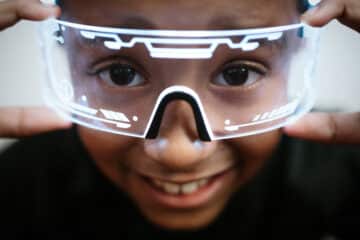This month we’re reading about views on online learning from district leaders and college students as well as the impact of the coronavirus pandemic on the workforce.
RAND Corporation recently released results from its first American School District Panel survey, Remote Learning Is Here to Stay, which contains feedback from more than 375 school districts and charter management organizations across the United States. The survey asked questions including: “What are school districts’ and charter management organizations’ (CMOs’) needs and approaches to school operations in the 2020–2021 school year during the COVID-19 pandemic?” and “Which innovative practices that districts have made as a result of the COVID-19 pandemic do they anticipate keeping after the pandemic has ended?” Among the findings: roughly 20 percent of districts said “they have already adopted, plan to adopt, or are considering adopting virtual school as part of their district portfolio after the end of the COVID-19 pandemic.”
A new survey from Third Way and New America looks at students’ perceptions of higher education during the coronavirus pandemic. Their December 2020 poll of just over 1,000 students nationwide found that students are concerned about the poor economy they will graduate into and wary of the value of higher education conducted in a virtual setting.
A recent examination of data from the U.S. Department of Labor by The Washington Post shows that “While unemployment has risen for all types of workers, jobs have recovered slowly but steadily for Americans with some college education…That was true for lower-education workers too, until winter struck,” when some of the biggest sectors for low-education workers, like hospitality and construction, faced restrictions caused by the coronavirus pandemic. The article cautions that workers with a high school education or less will have a much harder time bouncing back.




